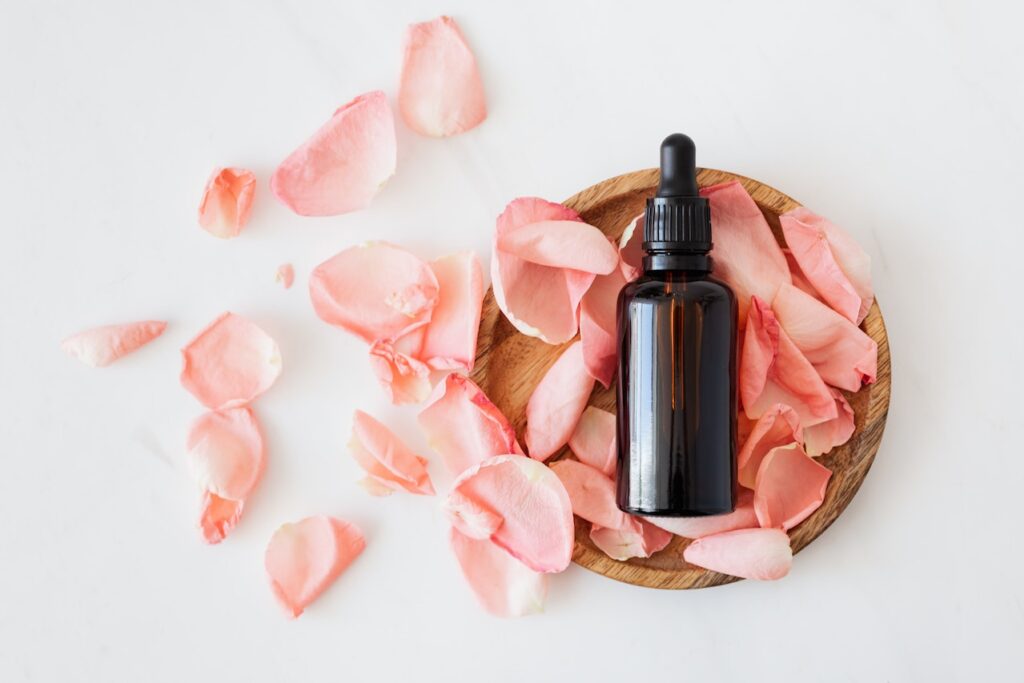This post is developed in partnership with BetterHelp.
We’re all different, and we all need different things. Finding out what you need and how to provide for your emotional needs is part of the process of therapy and journey of life. In this post, we’ve put together some of the most valuable therapy insights and quotes people report from being in therapy to inspire your life.
Working with a therapist can provide a multitude of benefits for your mental health, relationships, and career, whether you opt for in-person treatment or seek support with online therapy. But you don’t have to have a mental illness to be able to grow and learn from therapy. Therapy can provide life-changing benefits, and help you step forward to plan the life you want to create by helping you challenge blocks holding you back.
Here are 8 lessons from therapy that almost anyone can add to their life.
1. Break Things Down into Steps
There’s a saying that every journey begins with the first step. When we get overwhelmed by a large project or how many things we have to do in life, it’s beneficial to remember that accomplishing big things is really a series of smaller steps.
By staying focused on breaking things down into each step, it helps you stay on track and can lessen the feelings of overwhelm we can all have at some point in our busy day.
2. Don’t Mistake Anxiety for Intuition
Trust your gut is one of those tried-and-true sayings that no one would seemingly argue against. But anxiety and fear can lead you in ways that aren’t in your best interest. Anxiety can actually interfere with your decision-making ability. In one study, anxiety was shown to increase the attention you give possible negative outcomes.
That doesn’t mean you can’t trust your “gut” or your feelings, it just means that it’s beneficial to know the difference between the two. Acting out of anxiety may not lead to the best outcome.
3. Human Brains Are Wired to Keep Us Alive, Not to Keep Us Happy.
Babies have separation anxiety because we require a high level of care as infants. As we grow older, we learn to assess threats from speeding cars or wild animals. Through the many years of human development, our brains have looked for ways to survive and avoid threats.
Today, we’re less likely to face the danger of a lion attack but our brains are still at work assessing threats and creating anxiety. Understanding that anxiety is a natural way human being have adapted throughout history is a way to accept this natural part of our brain and learn to appreciate the role anxiety plays in keeping us safe. Making peace with anxiety can be the first step to learning how to better manage it in our lives.
4. Learn New Skills to Create New Pathways in Your Brain
Learning new skills and hobbies is fun, but did you know it can also help you create new neural pathways in your brain? According to research, you can actually encourage neuroplasticity by trying something new. So, the next time you feel a pang of guilt about spending time learning a new hobby or skill, remember all the brain benefits.
You don’t have to invest in the supplies for an expensive new hobby. It can also be as simple as doing something new and unfamiliar to your brain like brushing your teeth with your left hand if you’re right-handed, and vice versa. Remember that even as an adult, it’s not too late. Your brain can still be shaped and changed even as we get older.
5. Forgiveness Can Work Wonders
Studies show forgiveness can be beneficial to your mental and overall health by reducing anxiety levels and even improving sleep and cholesterol. But it’s not necessarily something we take the time to practice. In a therapeutic setting, time can be devoted to working through past hurts and forgiving yourself and others.
An important aspect in understanding the power of forgiveness is that the benefits are for you, it’s not about the person you forgive. A therapist can be helpful in guiding you through the process, but it’s something you work towards yourself with dedication to the process and an open mind.
6. Find the Joy in Progress Over Perfection
Perfectionism can interfere with your relationships, career, and health. The unhealthy drive of perfectionism has been linked to anxiety and other mental illnesses. People can find themselves trapped in an endless loop of what ifs and self-criticism.
There are many healthier thoughts that we can learn to replace our more negative perfectionist tendencies with. A therapist can work to help you set and achieve attainable goals, and not to worry as much about being perfect every step of the way.
7. When We Know Better, We Do Better
The quote “You did what you knew how to do, and when you knew better, you did better” is often attributed to Maya Angelou during a conversation she had with Oprah Winfrey in 1995. The wisdom of this saying persists and is a touchstone for many seeking to improve their mental health.
Letting go of guilt and shame surrounding past events is a valuable part of the therapeutic process, but you don’t have to be in therapy to process painful events from the past. We all have unconscious patterns, and we all make mistakes unknowingly. Today is a new day to use all that you now know to do better.
Takeaway
There are always ways to learn new things. We live in a world where we can seek and find answers to many of life’s most challenging issues just by cracking open our laptops. But sometimes, it’s beneficial to seek support for the positive changes we want to make in our lives. In-person therapy or online therapy can provide support in helping overcome challenging life situations and support you in achieving your goals.
Whether you’re starting therapy or considering therapy or just want to learn more, there are many steps we can take to make our lives better. To quote lesson #7, when we know better, we do better.








Leave a Comment
You must be logged in to post a comment.